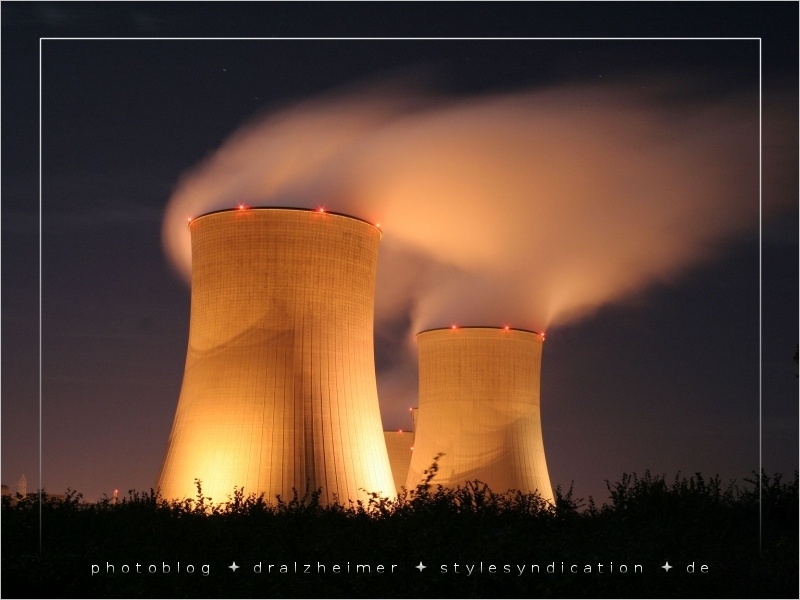Today is the first anniversary of the explosion of BP’s Deepwater Horizon rig located in the U.S. Gulf coast that killed twelve men and initiated the worst oil spill in history. But even the memory of that tragic episode will not prevent similar endeavors in Canada’s Arctic. On the contrary, the combination of melting Arctic ice and the pressing need for economic opportunity among many northern communities has rendered off shore drilling in the Beaufort Sea inevitable. Companies aggressively bidding on mining leases promise to have learned from BP’s experience this past year. But even in the absence of another oil spill, deepwater drilling will surely contribute to the ongoing process of average temperature increases, melting ice and rising sea
Their silence on most matters environmental could have presented an opportunity for Elizabeth May and the Greens to raise their shared voice. Yet more than three weeks into the campaign, the Green Party’s momentum strikes me as utterly stalled. Elizabeth May’s absence from the English and French leaders’
Beyond May’s exclusion from the debates, how do we account for the Green’s sagging fortunes? One obvious explanation is that all parties incorporate the environment into their platforms. People may thus not feel the need to vote Green in order to feel as though they are advancing an environmental agenda. To be sure, all parties do make at least vague references to promoting economic growth without compromising the environment. But all parties also have an interest in avoiding the environment as a key campaign issue. Stephen Harper will not publicly acknowledge the reality of climate change, in part because he is suspicious of the science and in part because the conservative’s core constituency remains in Alberta. The province’s tar sands remain the country’s biggest source of carbon emissions. To confirm the legitimacy of the science behind climate change would thus be to implicitly acknowledge the need to more aggressively reduce those emissions. Both the liberals and NDP better appreciate the scale of our environmental issues and advance some noteworthy initiatives in their respective platforms. Nevertheless both parties fear any perceived connection between their plans for environmental security and increased taxes. The Greens thus remain in a position to distinguish themselves from the other parties.
A related possibility is that the Greens are paying too high a price in voter support for potentially compromising Canada’s economy as a way of advancing a radical environmental agenda. The perception may persist in some quarters that the Green Party is comprised of a bunch of aging hippies and young idealists whose ideas would only sabotage the economy if they were ever put into practice. In truth, however, to judge by the Green’s election platform, their declared agenda is more vague than radical. The few concrete policy initiatives include a transition from our first past the post to a proportional-based electoral system, increased corporate taxes and less money spent on making war in Afghanistan. These ideas are all worthy of
It is of course understandable that May’s priority is to win a seat in the House of Commons. But she should not be attempting to do so on the strength of her personality alone or on the basis of vague promises. Such a strategy would be at the expense of her party’s modus operandi. The Green Party should aspire to be the country’s authority on ways of directing Canada’s economy in a more environmentally sustainable direction. In the end, such an approach will build a more secure foundation and more popular support than the Greens appear to have now.

